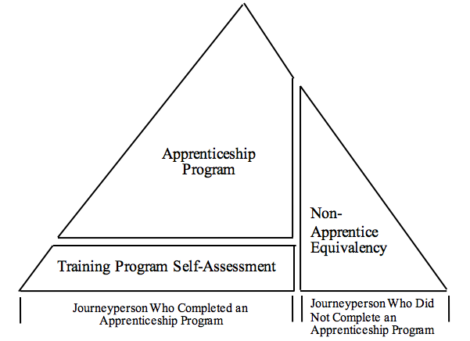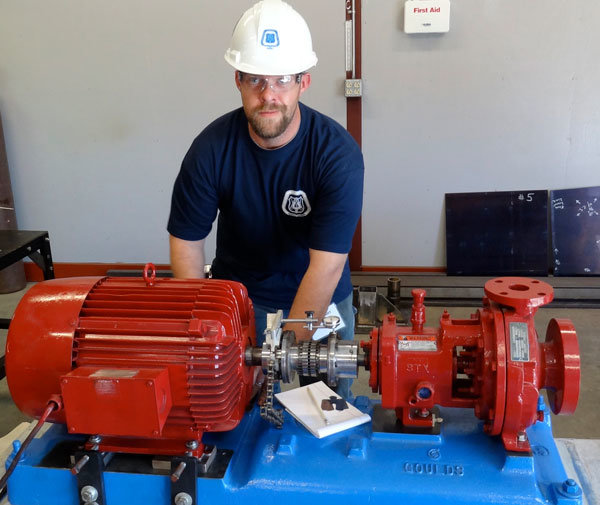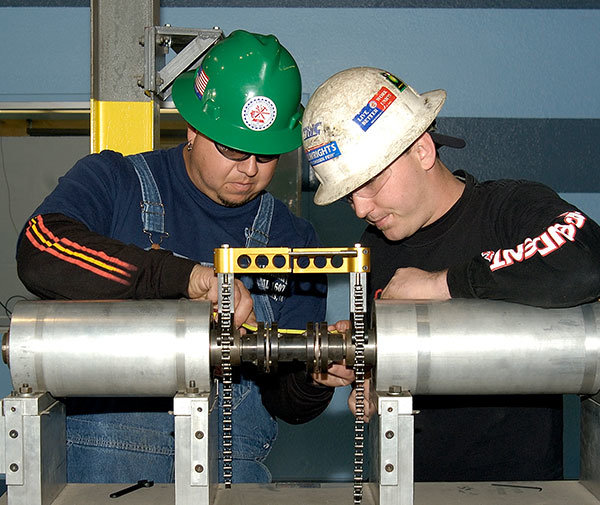In response to the federal government requiring nuclear utilities to verify the qualifications of contract workers employed on nuclear safety systems, a group of utilities and contractors formed the Nuclear Mechanic Apprenticeship Program (NMAP). The UBC began its NMAP/Millwright Qualification Program in 1996 to help our contractors meet the requirements. Additionally, the UBC expanded the NMAP/Millwright Qualification Program to verify the qualification of UBC millwrights working in all industries.
The Carpenters International Training Fund (CITF) gathers documentation from local NMAP/Millwright Qualification programs verifying that each millwright meets NMAP/Millwright Qualification requirements and the CITF audits local programs annually to ensure compliance.
There are three elements that form the basis for the MWQ:
The largest element of the three is the apprenticeship program. The UBC millwright apprentice program is comprised of curriculum and instructional standards that are implemented by local programs across North America. All of the local programs require a minimum of 4 years to complete and include both classroom instruction and on-the-job training. Each millwright apprenticeship program and every millwright apprentice must be registered with the registration agency that has jurisdiction over the area the program serves.

This element can be characterized as a foundational process for the MWQ. In addition to existing controls within each local union’s program, this process assures that the standards of the apprenticeship program are being properly implemented at the local level.

To address the group of craft journeymen who did not complete an apprenticeship program (non-apprentice), a process was established that leverages experience and/or offers equivalency testing . The equivalency process provides the industry with a mechanism for utilizing the vast experience these journeymen possess.
